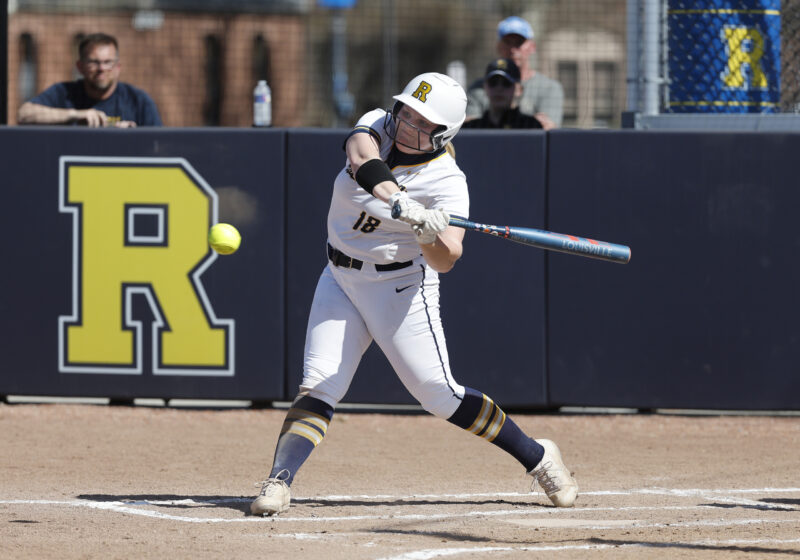It begins with one person you know, then spreads to a few friends. It insidiously strikes everyone around you. And then you get the symptoms. It is the time of year when students encounter the almost inevitable sickness that incapacitates even the most ambitious individual. Flu season is upon us.
Many students, no matter how awful they feel, are still bound to attend classes. A number of professors will not excuse absences without a doctor’s note. Unless the student has access to medical care outside University Health Services though, no such note will materialize.
UHS and University Counseling Center, by policy, will not issue “sick notes,” or practitioners’ statement that a patient was too ill to fulfill academic responsibilities. UHS will, however, provide documentation that a visit took place, even if no restrictions were recommended. Beyond that, students are out of luck.
The College Center for Academic Support Web site provides a different approach, saying that students should contact health services at the time of illness, and a practitioner will determine whether or not the student should restrict activity. This does not address the interaction between the professor and the student or the student’s academics. There is also no distinction made between long-term medical leave and short-term ailments that are a part of every undergraduate experience.
Despite numerous letters from UHS administration, there are members of the academic faculty that ignore UHS policy. Instead, they selectively interpret the policies before them, leading to unrealistic standards in the classroom.
The ill student, under these circumstances, must make an appointment with UHS whether or not the condition warrants medical attention. Once informed that UHS does not issue excuses, the student must relay this message to the professor, armed with the text of the UHS policy – which is sometimes still deemed inadequate by the professor.
UHS and UCC are extremely busy. Forcing students who neither want nor need medical attention to make a fruitless visit to these facilities only worsens this problem, and will divert the staff’s time and attention from those patients actually in need of care.
On another level, the faculty’s insistence on medical verification of illness is evidence of a deeper problem. Why does a professor want a doctor’s note? Is the word of the student inadequate?
Students here work hard. Consistent with this observation, there are times when students quite simply are worked – or work themselves – too hard. Given the course load faced by many students, it is unjust to write off every case as an instance of poor work ethic or disorganization.
Students need and often deserve time to take care of their health. When the same students who are trusted to live outside their parents’ care and to successfully complete a startlingly heavy workload are not allowed to follow their own instincts and rehabilitate themselves, there is something very wrong.
The unreasonable demands of some professors may also endanger the health of others in the community. It is considerate and wise to isolate oneself when ill. The local climate forces people into enclosed spaces, facilitating the spread of illness. Legally, UHS cannot force sick patients to remain isolated except under extreme circumstances. Threatened with lower grades, however, contagious students trudge to class, placing their peers at risk. Even if it is not a doctor’s order, it should be obvious that sick people do not belong in the classroom.
UHS encourages students to resolve disputes over health-related absences by speaking directly with the faculty. When faculty members will not resolve the issue without a doctor’s note, there is nothing the student, or UHS, can do.
The faculty ought to realize their influence and consider the well-being of their students. The persistent refusal to acknowledge the decision-making abilities of their students and the policies of UHS must end. Trusting students to make the best choices for their well-being will improve their performance and commitment to their coursework.
While I urge students to stand up for themselves when encountered with the requirement of a doctor’s note, there are responsibilities associated with control over one’s own medical decisions. It is the obligation of the student, not the faculty or UHS, to look after their own health. Wash your hands, eat, sleep and get a flu shot.
This school demands great things, and the students can live up to this challenge. This can only be achieved if the health and well-being of each student is respected. The academic community must begin to cooperate with UHS, UCC and the students to ensure that individuals are able to make decisions in their own best interest without fear of penalty.
Coit can be reached at mcoit@campustimes.org.




